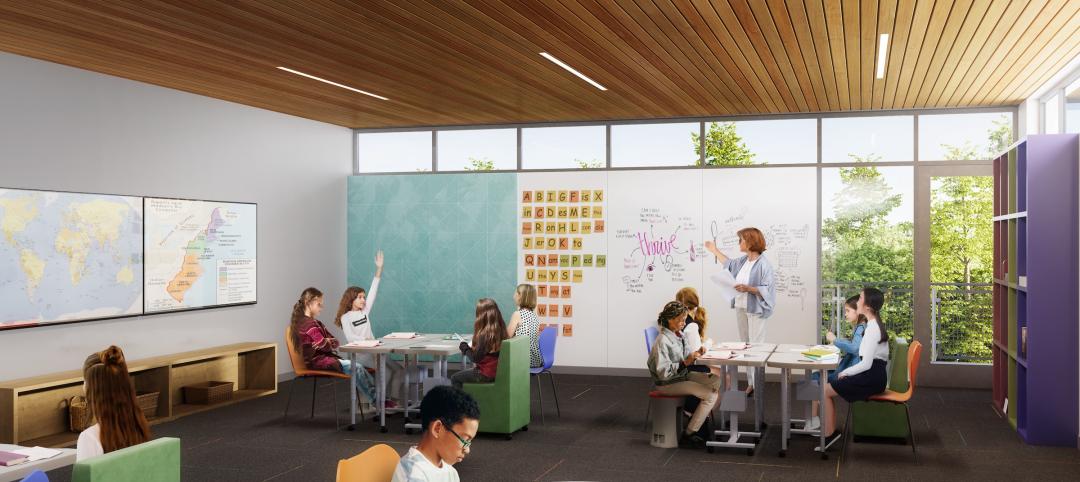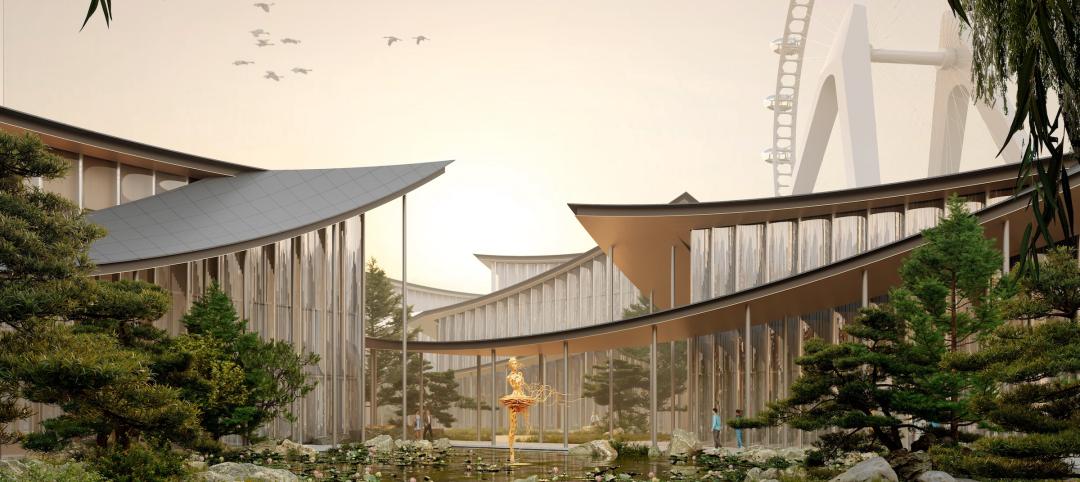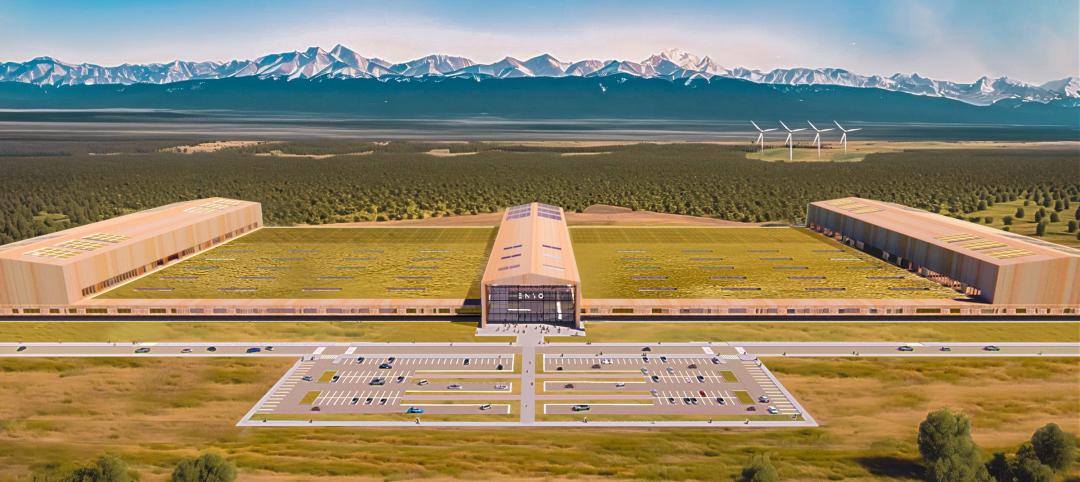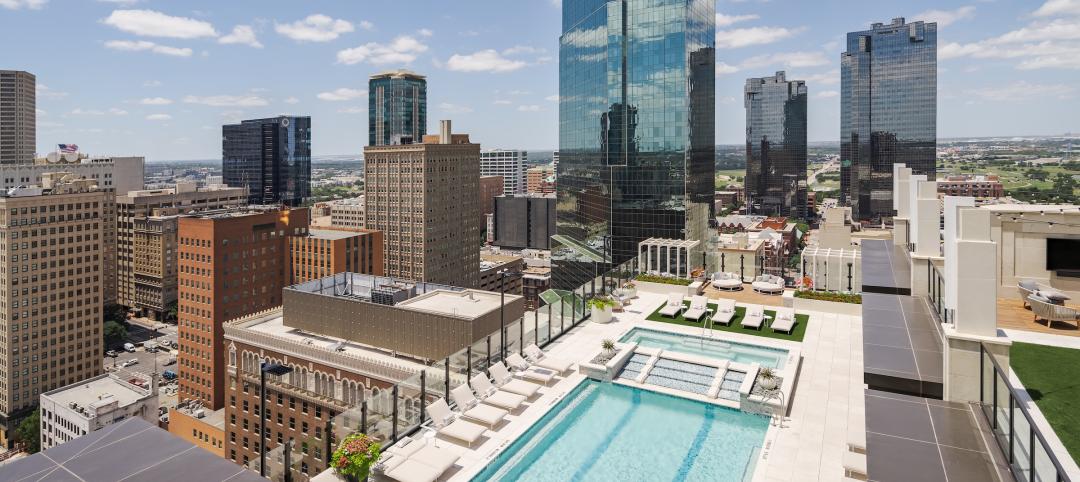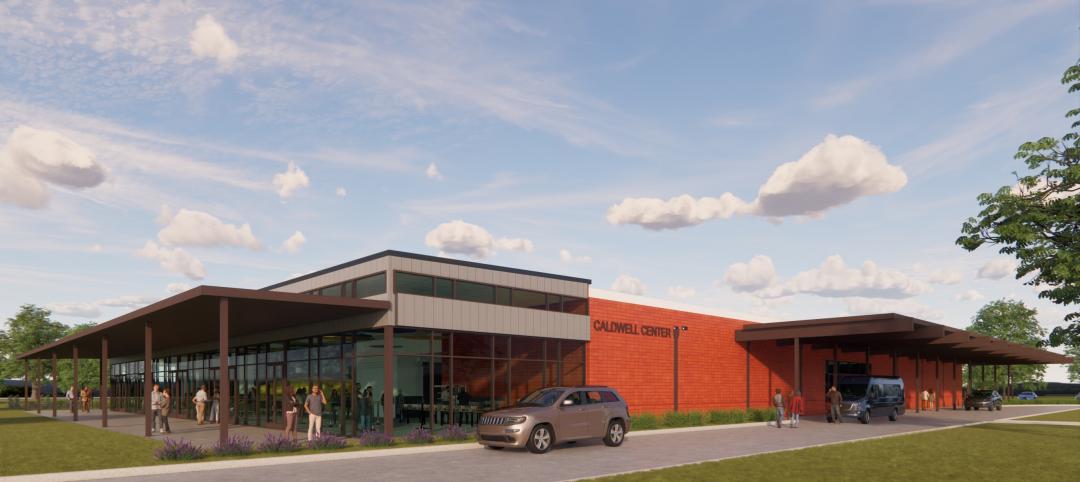They’re all “world middleweight cities” that are likely to become regional megacities (10 million people) by 2025—along with Dongguan, Guangzhou, Hangzhou, Shenzhen, Tianjin, and Wuhan (China); Kinshasa (Democratic Republic of the Congo); Jakarta (Indonesia); Lahore (Pakistan); and Chennai (India).
These “emerging middleweight” cities are among the “City 600,” the top 600 cities by contribution to global GDP growth from 2007 to 2005, as defined in a new report from McKinsey Global Institute: “Urban World: Mapping the economic power of cities”.
The 1.5 billion people who live in the City 600 (22% of world population) accounted for $30 trillion of GDP in 2007—more than half of global GDP. The top 100 alone generated $21 trillion, 38% of global GDP, according to McKinsey.
By 2025, these 600 cities will be home to 2.0 billion, a quarter of the world’s population, and account for $64 trillion, or 60% of global GDP.
The top 25 “hot spots” for GDP by 2025 include (in rank order) New York, Los Angeles, Chicago, Dallas, Washington, D.C., Houston, Philadelphia, Boston, and San Francisco, along with such places as São Paolo (Brazil), Rhein-Ruhr (Germany), Mexico City, Randstad (Netherlands), Shanghai, Beijing, and Hong Kong.
Other key findings of the McKinsey study:
• By 2025, the makeup of the City 600 will change as the center of gravity of the urban world moves south and east. One-third of developed market cities will no longer make the top 600.
• By 2025, up to 136 new cities will enter the City 600 list, all of them from the developing world—100 of them from China alone, including Haerbin, Shantou, and Guiyang.
• India will contribute 13 newcomers to the City 600 list, including Hyderabad and Surat. Latin America will add eight, notably Cancún (Mexico) and Barranquilla (Colombia).
• About 310 million more people of working-age population will live in the City 600 by 2025—almost 35% of the expansion of the global workforce, almost all of it in emerging markets and two-thirds in China and South Asia.
What do all these fascinating data points mean to the design and construction industry, and to you as an AEC professional? In a nutshell, the McKinsey people are saying, If you want to grow your business—and your career—over the next 15 years, you must look to foreign climes.
It is in the emerging cities that GDP will be growing at a faster rate than global GDP. Where the workforce will be expanding more quickly than in the rest of the world. Where demand for housing, retail shops, schools, libraries, museums, data centers, universities, office buildings, religious centers—all the magnificent structures you and your firms create and build—will be accelerating at a hyperfast rate compared to the growth, if any, in much of the developed world.
To be competitive in the coming decade and a half, AEC firms and professionals are going to have to shift their lines of sight eastward and southerly, to places with names like Luanda, Chongqing, Dhaka, Colombo, and Grande Vitória.
Related Stories
K-12 Schools | Aug 29, 2024
Designing for dyslexia: How architecture can address neurodiversity in K-12 schools
Architects play a critical role in designing school environments that support students with learning differences, particularly dyslexia, by enhancing social and emotional competence and physical comfort. Effective design principles not only benefit students with dyslexia but also improve the learning experience for all students and faculty. This article explores how key design strategies at the campus, classroom, and individual levels can foster confidence, comfort, and resilience, thereby optimizing educational outcomes for students with dyslexia and other learning differences.
Museums | Aug 29, 2024
Bjarke Ingels' Suzhou Museum of Contemporary Art conceived as village of 12 pavilions
The 60,000-sm Suzhou Museum of Contemporary Art in Suzhou, Jiangsu, China recently topped out. Designed by Bjarke Ingels Group (BIG), the museum is conceived as a village of 12 pavilions, offering a modern interpretation of the elements that have defined the city’s urbanism, architecture, and landscape for centuries.
Adaptive Reuse | Aug 28, 2024
Cities in Washington State will offer tax breaks for office-to-residential conversions
A law passed earlier this year by the Washington State Legislature allows developers to defer sales and use taxes if they convert existing structures, including office buildings, into affordable housing.
Industrial Facilities | Aug 28, 2024
UK-based tire company plans to build the first carbon-neutral tire factory in the U.S.
ENSO, a U.K.-based company that makes tires for electric vehicles, has announced plans to build the first carbon-neutral tire factory in the U.S. The $500 million ENSO technology campus will be powered entirely by renewable energy. The first-of-its-kind tire factory aims to be carbon neutral without purchased offsets, using carbon-neutral raw materials and building materials.
Architects | Aug 28, 2024
KTGY acquires residential high-rise specialist GDA Architects
KTGY, an award-winning design firm focused on architecture, interior design, branded environments and urban design, announced that it has acquired GDA Architects, a Dallas-based architectural firm specializing in high rise residential, hospitality and industrial design.
K-12 Schools | Aug 26, 2024
Windows in K-12 classrooms provide opportunities, not distractions
On a knee-jerk level, a window seems like a built-in distraction, guaranteed to promote wandering minds in any classroom or workspace. Yet, a steady stream of studies has found the opposite to be true.
Building Technology | Aug 23, 2024
Top-down construction: Streamlining the building process | BD+C
Learn why top-down construction is becoming popular again for urban projects and how it can benefit your construction process in this comprehensive blog.
Airports | Aug 22, 2024
Portland opens $2 billion mass timber expansion and renovation to its international airport
This month, the Portland International Airport (PDX) main terminal expansion opened to passengers. Designed by ZGF for the Port of Portland, the 1 million-sf project doubles the capacity of PDX and enables the airport to welcome 35 million passengers per year by 2045.
Adaptive Reuse | Aug 22, 2024
6 key fire and life safety considerations for office-to-residential conversions
Office-to-residential conversions may be fraught with fire and life safety challenges, from egress requirements to fire protection system gaps. Here are six important considerations to consider.
Resiliency | Aug 22, 2024
Austin area evacuation center will double as events venue
A new 45,000 sf FEMA-operated evacuation shelter in the Greater Austin metropolitan area will begin construction this fall. The center will be available to house people in the event of a disaster such as a major hurricane and double as an events venue when not needed for emergency shelter.


